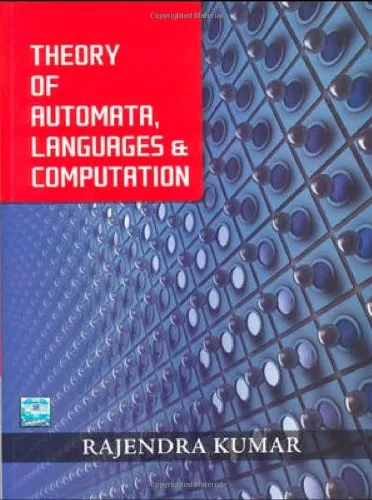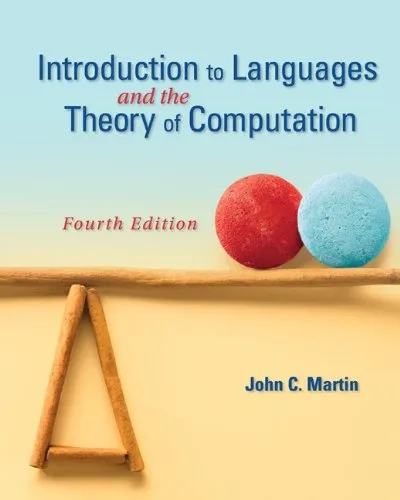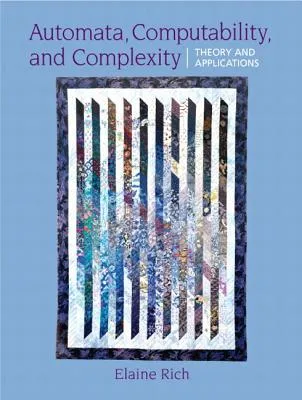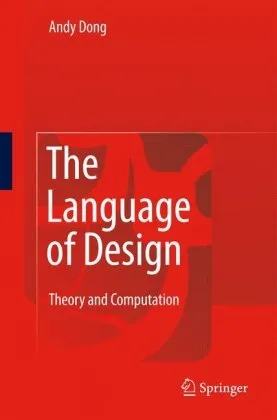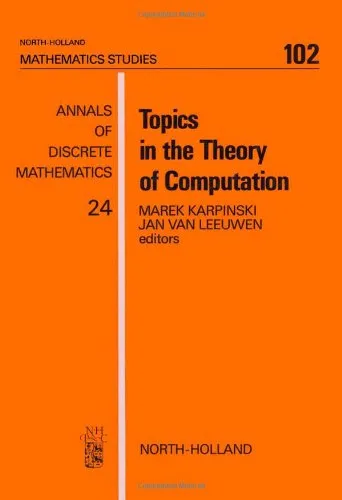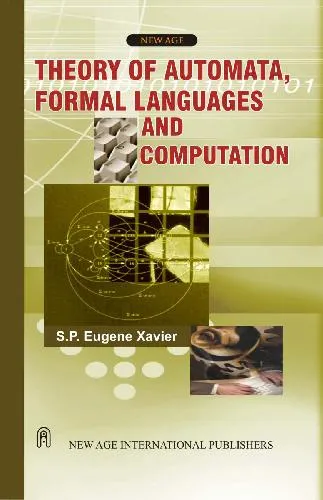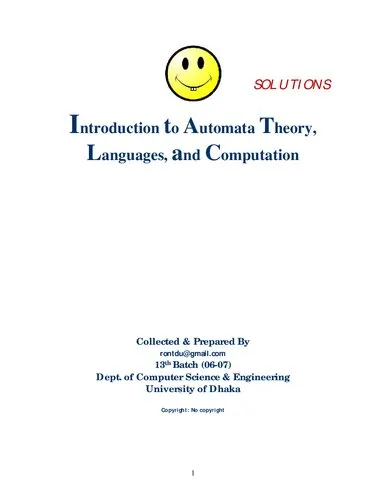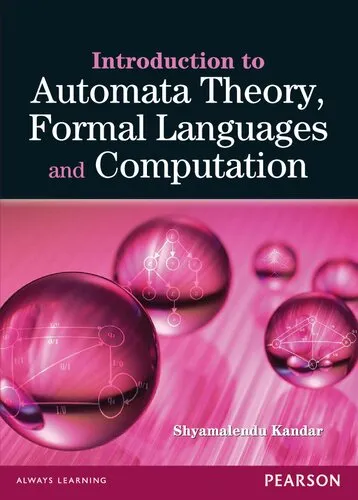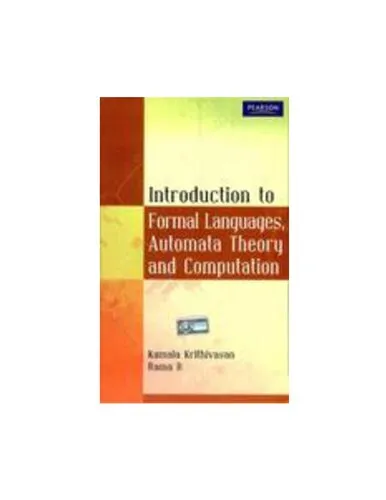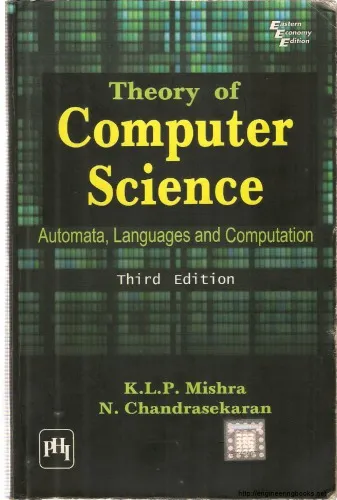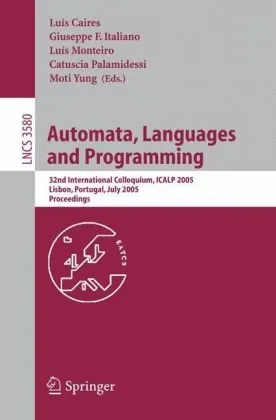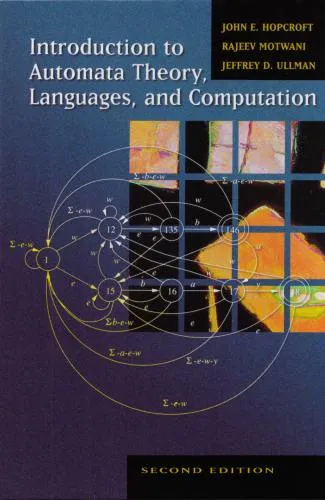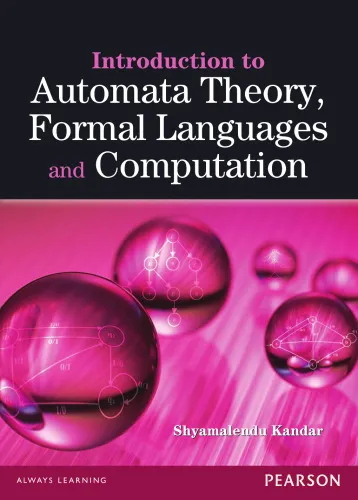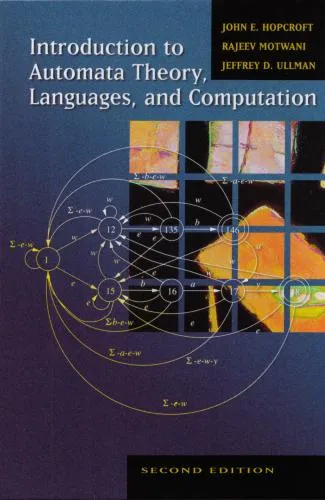Theory of Automata Languages and Computation
4.0
Reviews from our users

You Can Ask your questions from this book's AI after Login
Each download or ask from book AI costs 2 points. To earn more free points, please visit the Points Guide Page and complete some valuable actions.Related Refrences:
Introduction to 'Theory of Automata Languages and Computation'
Welcome to the intricate yet fascinating world of 'Theory of Automata, Languages, and Computation'. This book serves as a comprehensive guide for students, academics, and professionals alike, aiming to deepen their understanding of the fundamental principles that form the backbone of computer science.
Summary
The 'Theory of Automata, Languages, and Computation' is a meticulously crafted text that combines theoretical aspects with practical applications in computer science. It covers a wide spectrum of topics, from the basics of automata theory to the advanced concepts of language design and computational complexity. Throughout the book, readers will embark on a journey from the abstract machines that model computation to the practical implications of these theories in designing efficient algorithms and solving real-world problems.
This book is organized into several key sections: starting with an introduction to automata theory, including finite automata and regular languages, it progresses through context-free languages and Turing machines, and culminates in an exploration of computational complexity and decision problems. Each chapter is carefully structured to provide clarity and depth, ensuring a step-by-step enhancement of the reader's understanding.
Key Takeaways
- Understand the fundamental concepts of automata theory and its pertinence to modern computing.
- Learn about different types of languages and their classifications, including regular, context-free, and context-sensitive languages.
- Gain knowledge about Turing machines and their role in defining computation and algorithms.
- Explore the realm of computational complexity to determine the efficiency of algorithms.
- Develop the ability to solve and analyze decision problems using formal language theory.
Famous Quotes from the Book
"In the realm of computation, automata offer both the simplest and the most profound insights into the mechanics of the digital world."
"As with human languages, the languages designed for computation require precise articulation to achieve clarity and understanding."
Why This Book Matters
The significance of 'Theory of Automata, Languages, and Computation' lies in its foundational role in the field of computer science. Automata theory forms the bedrock of digital technologies, enabling the development of software and systems that drive modern innovation. By delving into the theoretical aspects of how machines compute and process languages, learners can better understand and contribute to advancements in areas such as artificial intelligence, machine learning, and data analysis.
Moreover, this book is not just about learning abstract theories; it connects these theories to practical applications that are highly relevant today. By studying the concepts within this text, readers develop critical problem-solving skills and the ability for abstract thinking—skills that are essential in a rapidly evolving technological landscape.
In conclusion, 'Theory of Automata, Languages, and Computation' is not just an academic resource but a gateway to understanding the intricacies of computational theories and their practical implementations. Whether you are starting out in computer science or seeking to refresh your knowledge, this book is an indispensable tool in your educational arsenal.
Free Direct Download
You Can Download this book after Login
Accessing books through legal platforms and public libraries not only supports the rights of authors and publishers but also contributes to the sustainability of reading culture. Before downloading, please take a moment to consider these options.
Find this book on other platforms:
WorldCat helps you find books in libraries worldwide.
See ratings, reviews, and discussions on Goodreads.
Find and buy rare or used books on AbeBooks.
